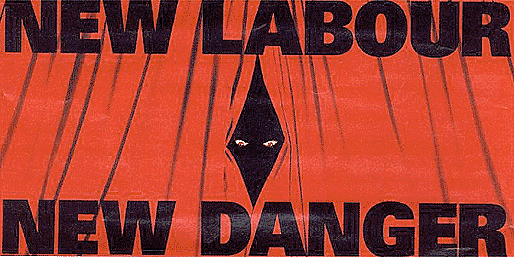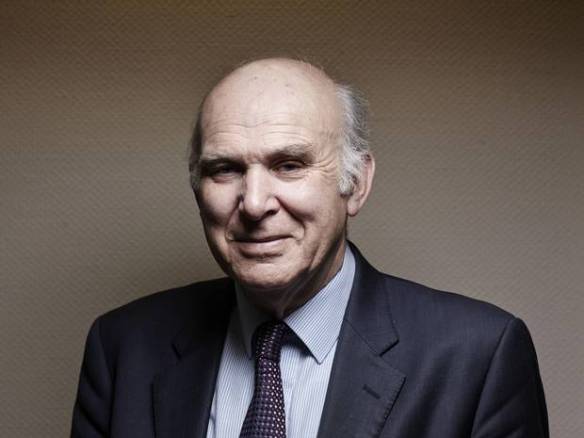 As a newly appointed HIV psychologist, I’ve been taking some time to better inform myself. I’ve been reading NAM’s Living with HIV and this in itself has provided an opportunity to examine societal (and my own) prejudices. I notice my own resistance to reading the book on the bus. Will people assume I have HIV? Will they assume I’m promiscuous or a drug-user? As a young white woman, perhaps I’ll engender pity, probably the victim of an assault or an infected blood transfusion? Why does it matter to me if people make these assumptions?
As a newly appointed HIV psychologist, I’ve been taking some time to better inform myself. I’ve been reading NAM’s Living with HIV and this in itself has provided an opportunity to examine societal (and my own) prejudices. I notice my own resistance to reading the book on the bus. Will people assume I have HIV? Will they assume I’m promiscuous or a drug-user? As a young white woman, perhaps I’ll engender pity, probably the victim of an assault or an infected blood transfusion? Why does it matter to me if people make these assumptions?
As we come to the end of HIV testing week and prepare for World AIDS Day (1st December) HIV is very much in the media. An article interviewing Silvia Petretti of Positively UK really stood out to me
“How did you catch HIV?
I find this question very judgmental. Whether I say that I got HIV by selling sex, injecting drugs, from my husband or my mother in the womb, this puts me in a category. Either I’m an innocent victim or somebody reckless, who got what they deserved – as the coverage around Charlie Sheen seemed to suggest. It’s the reason so many women living with HIV shy away from the media. It doesn’t matter how I got HIV. It matters how I live with it.”
To me, this quote gets to the heart of our attitudes towards HIV. When we find out someone has HIV we want to know WHY. We associate HIV with sex and sex always gets our attention. Perhaps this curiosity is born out a society that devours salacious celebrity gossip and online rumours, but often there seems to be a darker side to it. Underlying the question is a sense of placing blame. Who is at fault? How did they allow themselves to be infected?
But do we really have a right to know someone’s transmission story?
Although certain groups are at greater risk of HIV, sometimes people just get it and it’s hard to pin it down to something they did or didn’t do. Many people have the virus and don’t know their status and with a late diagnosis it becomes increasing difficult to establish how it was transmitted. Many people living with HIV don’t know how they contracted it, and have to live with this uncertainty.
If a gay man contracts HIV is it easier for us to condemn his sexuality and “irresponsibility” rather than try to understand and relate to his experiences? Perhaps it is easier for us to cope with the possibility that any one of us could catch HIV, by thinking that it only happens to “bad” people.
Petretti mentions the media coverage of Charlie Sheen’s disclosure of his HIV status, which falls a bit too close to the BrassEye’s satirical sketch on “Good Aids/Bad Aids”. In the mock-documentary Chris Morris admonishes a gay man for having “bad AIDS”, the kind that’s your fault for getting.
NB – This is a very dark comedy and could potentially be offensive or triggering.
Sheen’s disclosure could be a turning point in attitudes towards HIV – an image of a public figure living well with the virus. For many their image of someone with HIV was born out of 80s campaigns and they view HIV very much as a death-sentence. Many people don’t know that with good treatment adherence, viral load can be undetectable (meaning that you can’t pass the virus on, even if you have unprotected sex) and life expectancy is only a little less than that of the general population. Media has instead focused on his lifestyle, making assumptions about how he contracted the disease. With good treatment, many people’s immune system is supported so they don’t go to develop the infections associated with AIDS. In many ways, people can live ordinary lives, aside from regular medication and review appointments.

Charlie Sheen, the most recent celebrity to speak openly about his HIV positive status
This early newsreel from 1982 is particularly moving, released before HIV was really known about. It describes a form of “cancer” that seems to be affecting gay men. This is before HIV-stigma set in and it was seen as an illness rather than a judgement on someone’s life choices. As our understanding of the virus has increased, so too have stigmatising attitudes that criticise and exclude.
We have no right to know how people contract HIV, that is their own story to share as they see fit. Condemnation and pity are both unhelpful responses. Attitudes towards HIV limit people from getting tested and disclosing their status, which increases the risk of transmission. Although HIV is often transmitted through sexual contact, in many ways it is comparable to other infectious diseases. It’s a long-term condition and if treated appropriately, it should enable the person to live a “normal” life and not endanger any other person. There is no “good” or “bad” AIDS, no more or less deserving. When we can detach ourselves from our seedy fascination with knowing the hows and the whys, we can allow ourselves to take a step back from our ingrained prejudices. Then we can really see the person.



